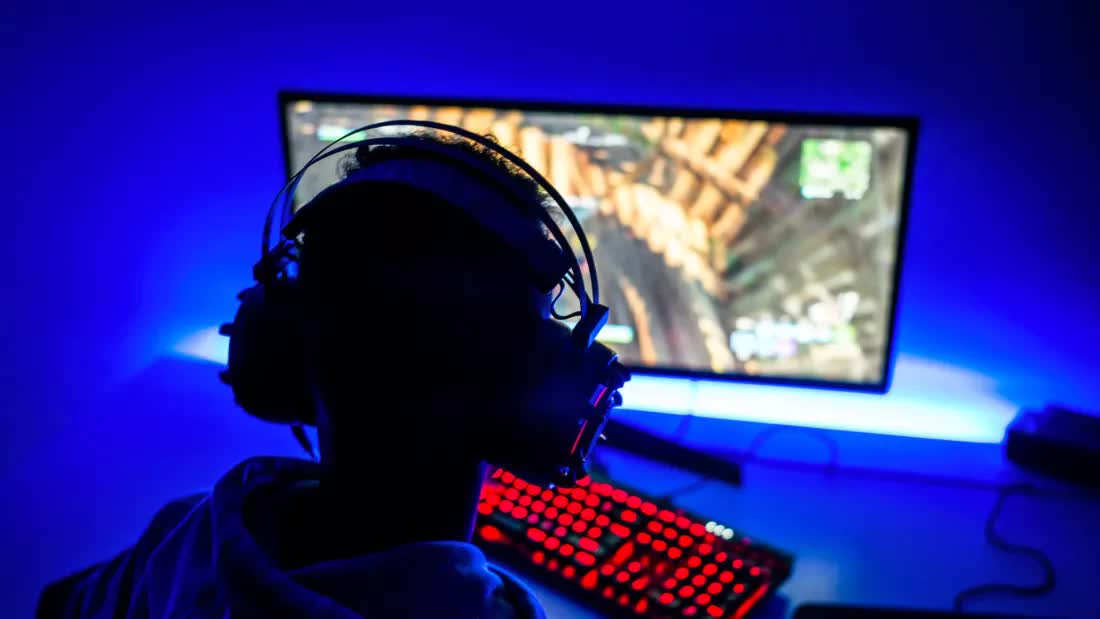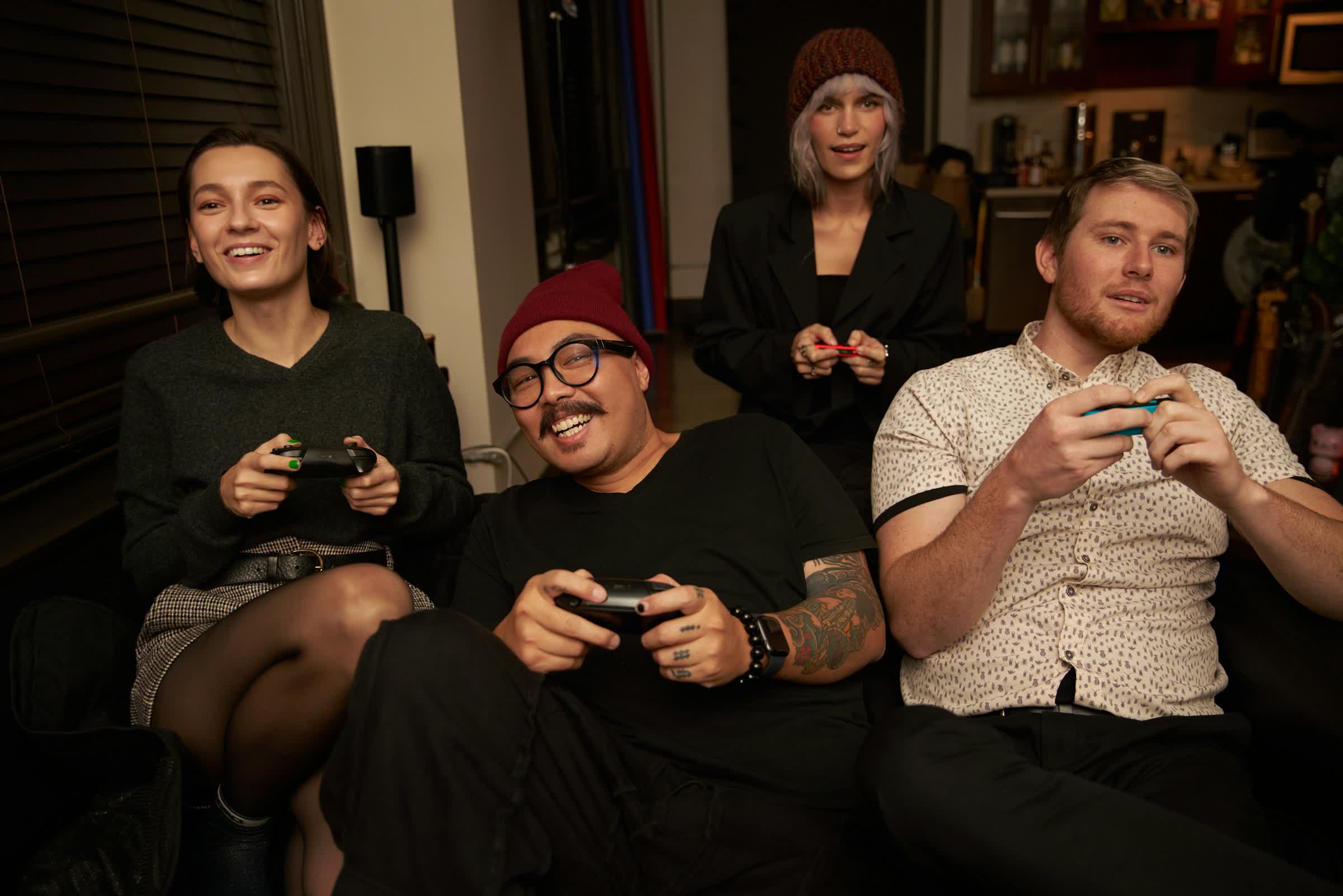In brief: Despite being more socially acceptable today than ever before, being a gamer can still carry a stigma associated with the stereotype of the unstable loner who never leaves their room. But a new study has shown what most of us already knew: that gaming can be good for your mental health.
The study, published in Nature Human Behaviour, was carried out by a team of health, behavior, and economic specialists in Japan. The aim was to discover the mental health impact of playing video games.
In 2018, the World Health Organization officially classified Gaming Disorder as a mental condition. It's an important topic in Japan, where the condition is sometimes linked to hikikomori, a severe example of social withdrawal where people, usually young men, isolate themselves in their bedrooms for months or years at a time.
The research was carried out during the height of the Covid pandemic, between 2020 and 2022, involving 97,602 people between the ages of 10 and 69 in Japan. A worldwide shortage of consoles due to supply chain disruptions at the time led to local retailers using a lottery system for those wishing to purchase PlayStation 5 and Nintendo Switch consoles.

Out of the overall study group, 8,192 people had been part of the lottery, with 2,323 people winning the chance to buy one of the consoles. The researchers used a round of five surveys: console ownership, gaming preferences, mental health, life satisfaction, and sociodemographic characteristics.
The bottom line was that owning one of the available consoles and playing games did benefit mental health. Those who were able to purchase one of Sony's or Nintendo's machines saw their life satisfaction score increase and their psychological distress decline. However, playing for more than three hours a day resulted in diminishing psychological benefits.
"Previous research has proposed mechanisms for both positive and negative effects of video gaming on mental well-being," researchers wrote. "Our study found that positive effects outweigh negative effects, resulting from both positive and negative pathways."
The researchers admit that the fact the study took place during the pandemic and lockdowns could have influenced the findings, but studies on the positive impact video games can have on players' mental health go back years.
We wrote about a decade-long study in 2013 that showed games don't affect children. Another study showed that playing violent games doesn't make you violent, and an Oxford study that found games don't affect your well-being no matter how long you spend playing them.
In a related story, the FDA recently cleared a subscription-based mobile game designed to help treat ADHD symptoms. Called EndeavorOTC, the game puts players in control of an intergalactic superhero on a hoversled who travels to distant planets to capture various 'Mystic Creatures' for a zoo. According to the website, 83% of participants saw clinical improvements in their ability to focus.
